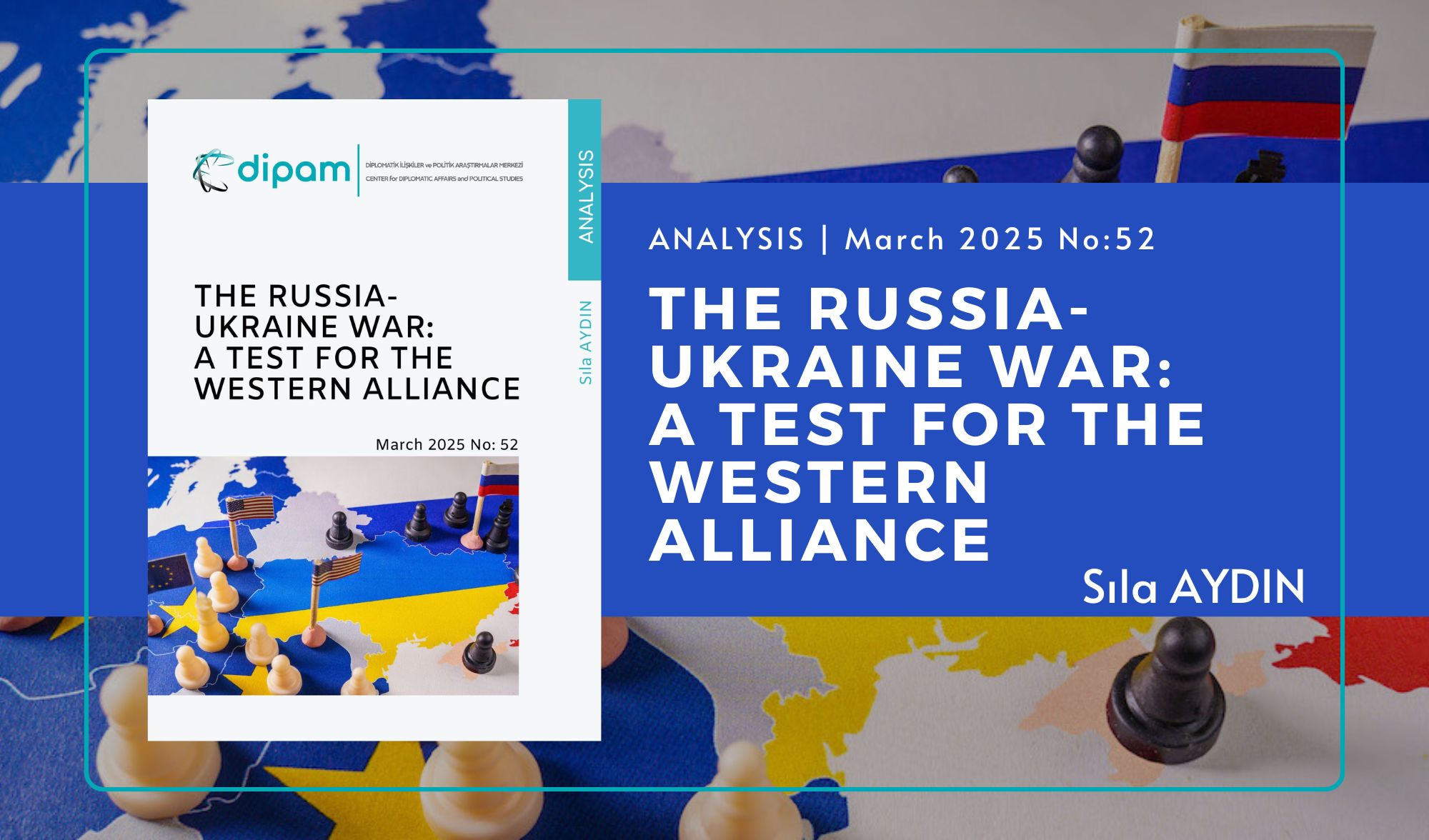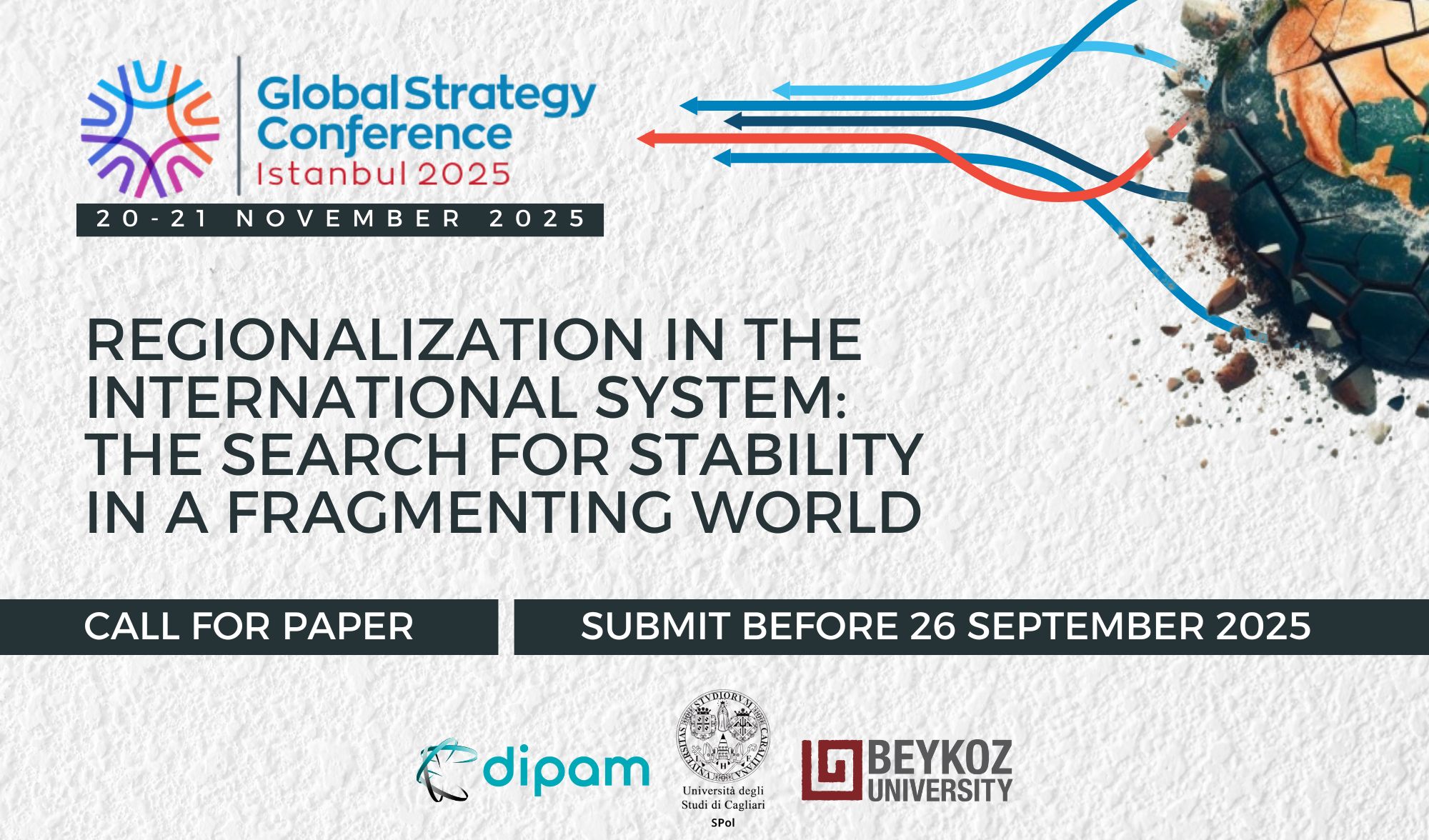Russia’s invasion of Ukraine in 2022 has evolved beyond a mere conflict between two nations, transforming into a process that reshapes global power balances and exerts profound effects on the transatlantic alliance. Initially, the United States and Europe adopted a synchronized policy in supporting Ukraine, demonstrating unity through sanctions and military aid. However, as the war dragged on and leadership changes occurred—particularly in the U.S.—diverging interests surfaced, weakening the apparent unity and exposing new fractures within the Western alliance.
In this context, long-standing fault lines in transatlantic relations have surfaced. A clear tension has emerged between Europe’s defense policies, energy security concerns, and economic stability on one side, and the U.S.’s global power projection on the other. While Russia’s attack on Ukraine has reinforced the concept of collective defense in Europe, it has also reignited debates over the continent’s military dependence on the U.S. and NATO’s evolving role. Germany and France, for instance, have advocated for strengthening the EU’s defense capabilities, whereas Eastern European nations have remained inclined to sustain their security policies within the NATO framework under U.S. leadership. Additionally, energy policies have raised concerns about whether the West is not only striving for independence from Russia but also drifting into a new dependency on the U.S.
During this period, Türkiye has emerged as a pivotal actor, leveraging a balancing strategy to carve out a new space in global diplomacy. Its implementation of the Montreux Convention, hosting of negotiations in Istanbul, and mediation role in the Black Sea Grain Initiative all underscore Türkiye’s proactive diplomacy throughout the war. At the same time, Türkiye has maintained high-level relations with both Ukraine and Russia, including arms trade agreements and continued economic cooperation with Moscow. This raises the question of whether Türkiye’s multidimensional foreign policy reflects strategic mastery or a high-risk maneuver.
This article aims to analyze the geopolitical transformation caused by the Russia-Ukraine War and the fractures within U.S.-Europe relations. Furthermore, it will assess how Türkiye has gained diplomatic flexibility in this process and how its ability to influence regional balances positions it among global actors. Finally, one of the study’s core questions will be whether the current international order can be sustained or if a new world order is in the making.
…





